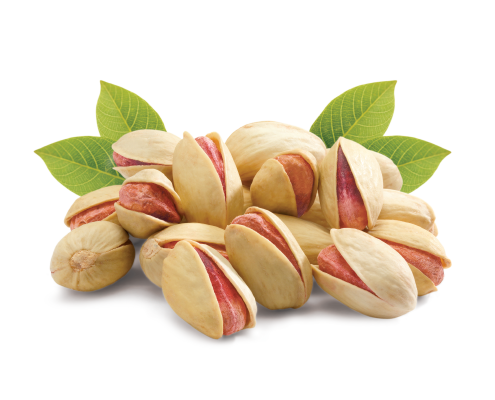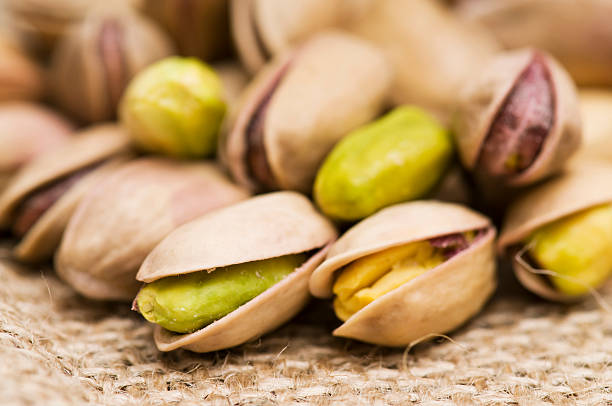
Introduction
Pistachios, with their unique combination of protein, healthy fats, and fiber, are a popular choice for those seeking nutritious, balanced eating. This article explores the role of pistachios in a healthy diet, how to incorporate them wisely, and how to pair them with other foods for sustained energy and wellness.
Nutritional Profile of Pistachios (per 100g)
- Calories: ~550–600 kcal
- Protein: ~20–21 g
- Total Fat: ~45–50 g (mostly unsaturated fats)
- Including monounsaturated and polyunsaturated fats
- Fiber: ~10 g
- Carbohydrates: ~28 g
- Key Vitamins & Minerals: Vitamin B6, Thiamine (B1), Folate, Riboflavin (B2), Potassium, Manganese, Copper, Selenium
- Glycemic Index: Relatively low
Note: Despite a high calorie count, the combination of protein, fiber, and healthy fats makes pistachios a satisfying and nourishing snack.
How Pistachios Fit Into a Diet
- Satiety and Weight Management: High protein and fiber help increase fullness and may aid in moderating daily caloric intake.
- Heart Health: Healthy fats and antioxidants support favorable lipid profiles.
- Blood Sugar Regulation: Moderate portions can help stabilize blood sugar and insulin response.
- Energy and meal stability: A smart balance of carbs with protein and fats provides steady energy.

Practical Ways to Include Pistachios
- Simple snacks: Raw or roasted pistachios as a protein-rich bite
- Add to salads: Crushed pistachios add texture and flavor
- Healthy desserts: Ground pistachios as a topping for yogurt or breakfasts
- Cooking and baking: Use pistachios to boost nutrition in savory dishes and baked goods
Buying and Storage Tips
- Freshness cues: Look for vibrant green kernels and a clean aroma
- Storage: Keep in an airtight container in a cool, dry place; refrigerate or freeze for longer shelf life
- Varieties: Raw, roasted, salted, or low-sodium options depending on taste and dietary goals
- Shelf life: Both raw and roasted pistachios stay fresh longer when stored properly away from moisture
FAQ
- Are pistachios good for weight loss? Yes, when consumed in controlled portions due to fiber and protein promoting satiety.
- Are pistachios good for diabetes? They have a relatively low glycemic index and can fit into a balanced plan with portion control.
- Are pistachios allergenic? Pistachios are tree-nut allergens; individuals with nut allergies should avoid them.
To order or get advice on pistachio and dried fruit varieties, contact our team via our official WhatsApp. Our support team is ready to answer your questions and can help you choose the right pistachio and dried fruit. WhatsApp number 009890214773705

